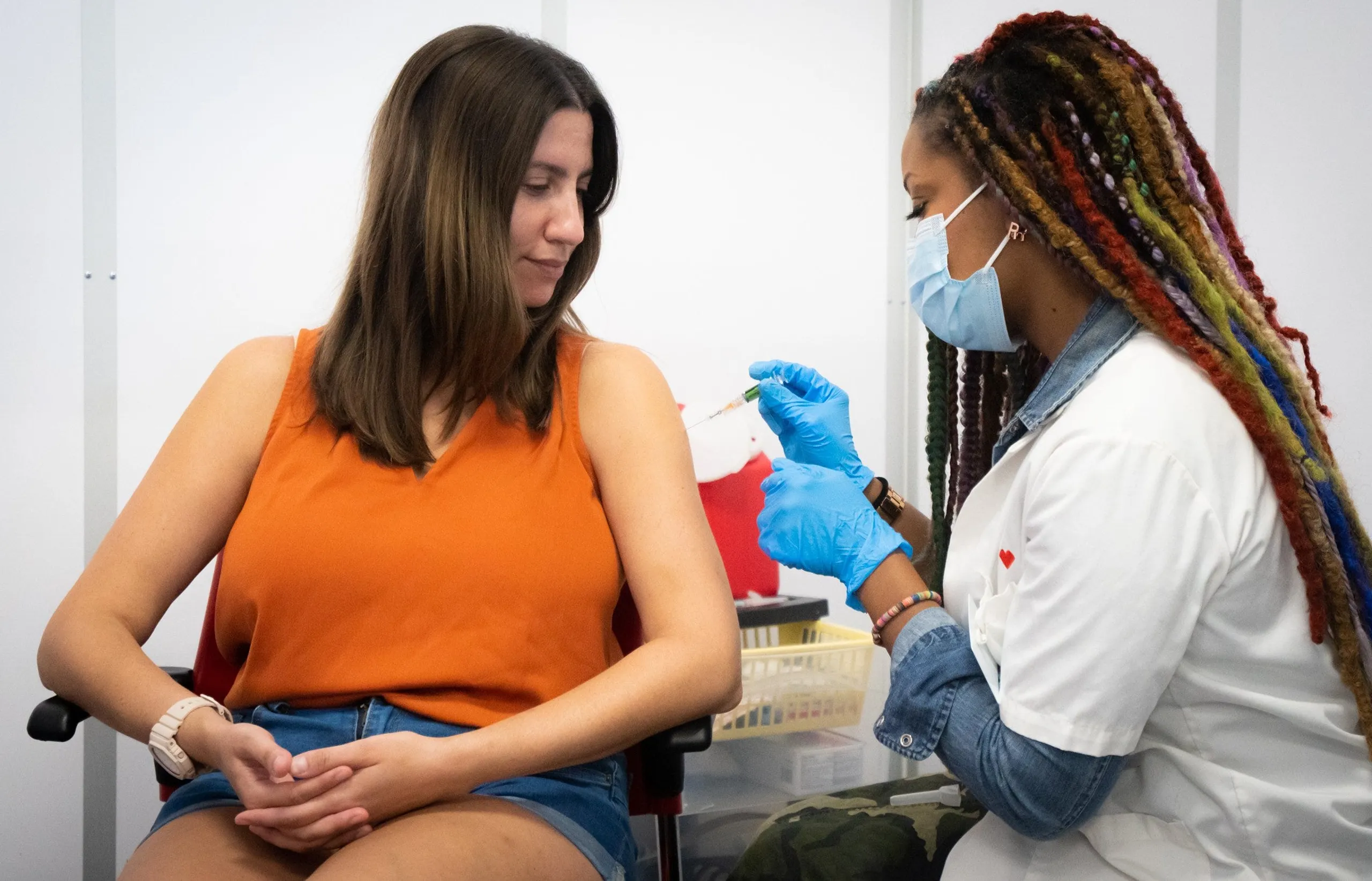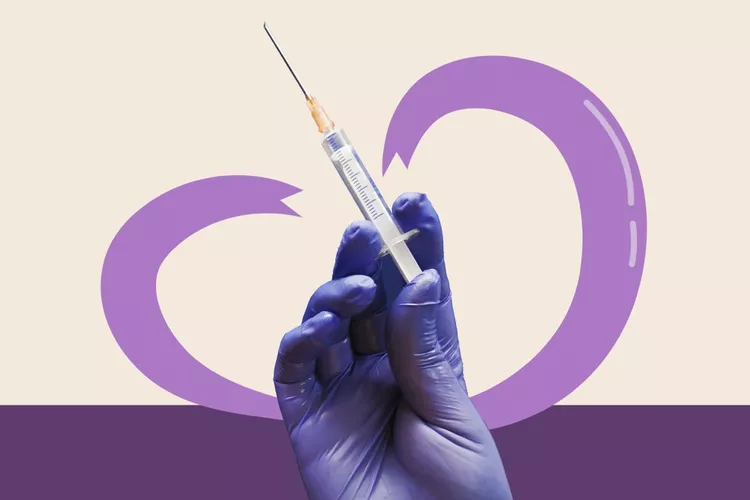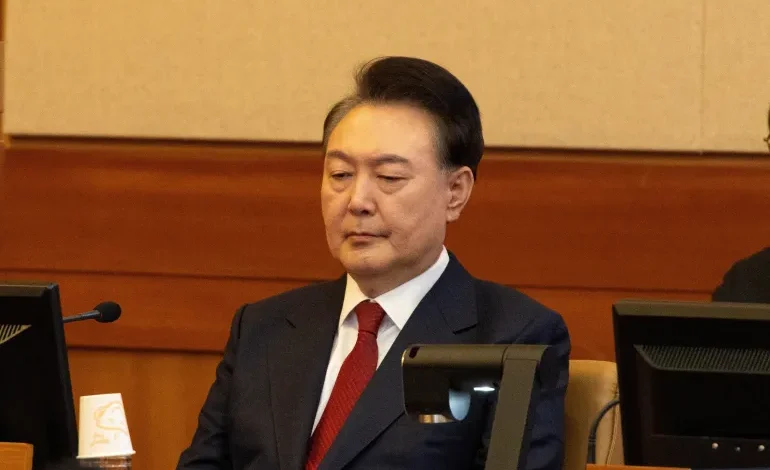South Korea’s President Yoon Suk-yeol appeared in the Seoul Central District Court on Thursday for a preliminary hearing related to allegations of orchestrating a rebellion, Al Jazeera reports.
The case stems from President Yoon’s brief imposition of martial law in December.
The hearing, held under heightened security amidst rallies by supporters near the courthouse, focused on procedural matters, including the discussion of potential witnesses and preparations for the upcoming criminal trial. The court is also reviewing a request from President Yoon’s legal team to cancel his arrest and secure his release from custody.
President Yoon was arrested on January 15 following a week-long standoff at his residence. The arrest marked an unprecedented action against a sitting South Korean president.
The charges stem from a televised address on December 3, where President Yoon declared martial law, citing the need to “safeguard a liberal South Korea from the threats posed by North Korea’s communist forces and to eliminate anti-state elements.” The declaration sparked public protests and was ultimately overturned by the National Assembly within approximately six hours.
Authorities indicted President Yoon on January 26, alleging that the martial law decree was an unlawful attempt to shut down the National Assembly and arrest politicians and election authorities.
While South Korean presidents typically enjoy immunity from criminal prosecution, an exception is made for charges of rebellion or treason. If convicted, President Yoon faces a potential sentence of death or life imprisonment.
Several other high-ranking officials, including Defence Minister Kim Yong-hyun, National Police Chief Cho Ji-ho, and several military commanders, have also been arrested and indicted on charges related to the martial law decree, including rebellion and abuse of power.
The National Assembly voted to suspend President Yoon’s presidential powers and impeach him on December 14. The Constitutional Court is currently nearing a decision in a parallel impeachment trial to determine whether to formally remove him from office or dismiss the motion and reinstate him.








